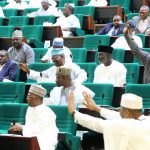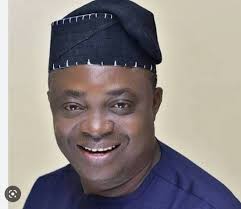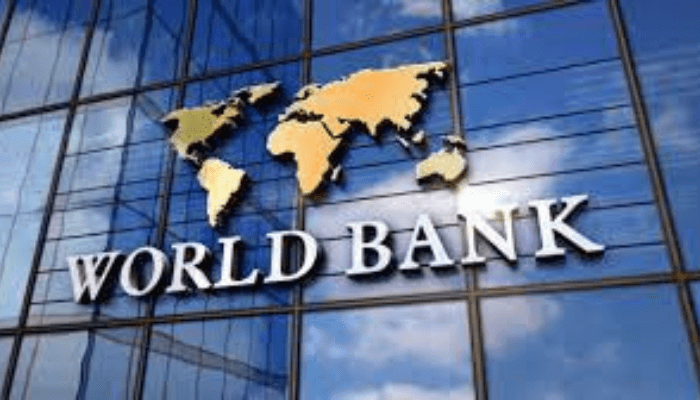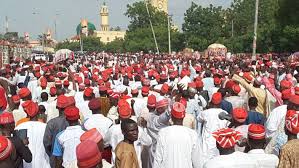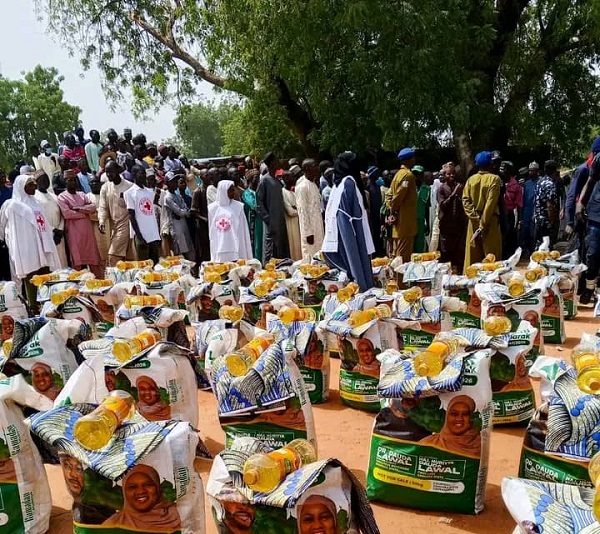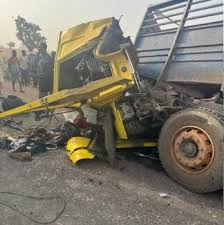Aviation stakeholders condemn new tax reforms, seek exemption
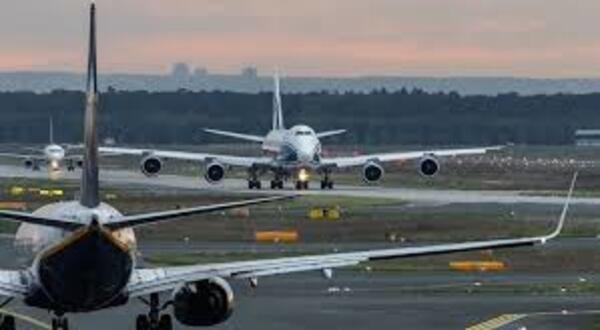
Aviation stakeholders have condemned the new tax reforms as it affects the aviation industry in the country.
At a business webinar organised by Aviation and Allied Business Journal in conjunction with the Nigeria Revenue Service (NRS) on Thursday, Assistant Director at the Revenue Service, Mrs Nkechi Umegakwe had informed that, with the new tax reforms, aviation assets that are used in the aviation industry, such as commercial aircraft, engines, spare parts and airline transportation are no longer exempted from Value Added Tax (VAT) charged by the NRS (Formerly Federal Inland Revenue Service FIRS), with input of aircraft and spare parts claimable.
The new tax reform is expected to take effect, starting from next year.
The Assistant Director in her presentation: “Implications of the new Tax Laws On Aviation” said “Nigerian companies engaged in airline transportation business and other allied companies in aviation sector are charged to tax like every other Nigerian company”.
According to her, VAT is a consumption tax on the supply of goods or services to be borne by the receiver,admitting that the airline sector consumes services a lot. She also said that VAT paid on services can be recovered.
In his reaction, the International Air Transport Association (IATA) representative for West & Central Africa, Dr Samson Fatokun stated that aviation is a a global business and that there are already different types of levies, taxes and fees that are being paid by operators at the International level.
He also said that they are treaties signed to govern the global aviation industry, adding that “Nigeria is a member of the International Civil Aviation Organisation (ICAO) and that the country is subject to regulations with regards to taxation made by ICAO.”.
He therefore, opined that international transportation of passengers cannot be taxed, advising that Nigeria needs to take into consideration of treaties signed.
He made reference to ECOWAS supplementary tax document, stressing that ECOWAS is not introducing a supplementary tax on air passengers; rather, it has approved a regional strategy to significantly reduce air travel costs within its member states by eliminating non-compliant taxes and implementing a 25% reduction in airport passenger and security charges starting January 1, 2026.
“Our own regulation counters the supplementary Act of ECOWAS. We need to adjust on the recent adjustments made”, he said.
“For moveable assets, those moveable assets should not be taxed. You should not apply tax law to it. Nigeria tax Authority needs to know international treaties that govern global aviation”.
Similarly, renowned aviator, Samuel Caulcrick condemned the tax application, stating that Ticket Sales Charges (TSC) and Cargo Sales Charges (CSC) are the backbone of Aviation development in Nigeria.
“The major funding of revenue in Aviation is TSC and CSC. What that Act did was to tax it. This has chocked the industry. It has chocked freight businesses”.
Advising that such session be repealed for easy compliance, he said “TSC and CSC are 95 per cent revenue that drives the industry. It is double taxation”.
MD/CEO, Pathfinders International Limited, Nkechi Onyenso wondered how such tax reforms could impact on the industry, and it’s consequent effects on Aviation and allied companies.
She however, advised the need for further engagements with stakeholders on the new tax laws.


